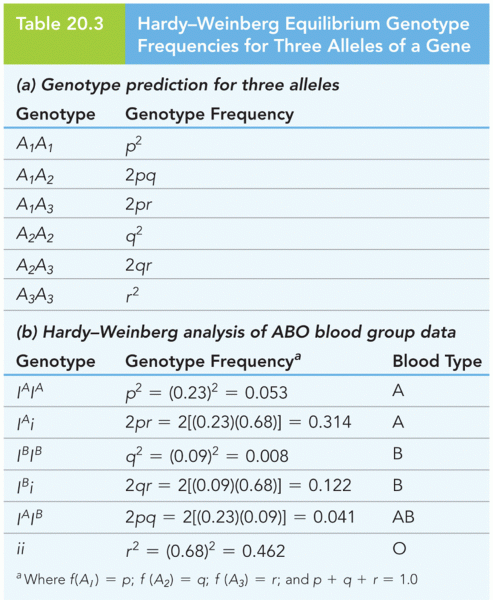|
|
|
The immune system needs 9.5 hours of sleep in total darkness to recharge completely.
The largest baby ever born weighed more than 23 pounds but died just 11 hours after his birth in 1879. The largest surviving baby was born in October 2009 in Sumatra, Indonesia, and weighed an astounding 19.2 pounds at birth.
The use of salicylates dates back 2,500 years to Hippocrates's recommendation of willow bark (from which a salicylate is derived) as an aid to the pains of childbirth. However, overdosage of salicylates can harm body fluids, electrolytes, the CNS, the GI tract, the ears, the lungs, the blood, the liver, and the kidneys and cause coma or death.
In most cases, kidneys can recover from almost complete loss of function, such as in acute kidney (renal) failure.
Human stomach acid is strong enough to dissolve small pieces of metal such as razor blades or staples.







